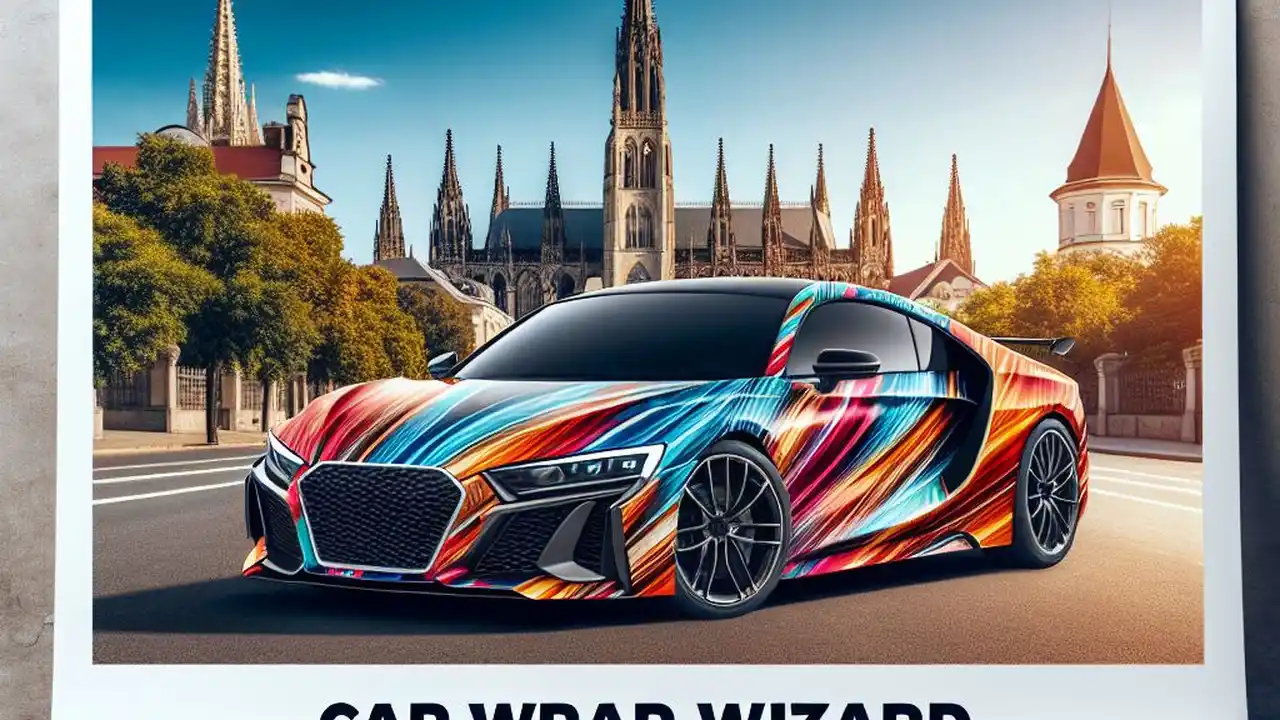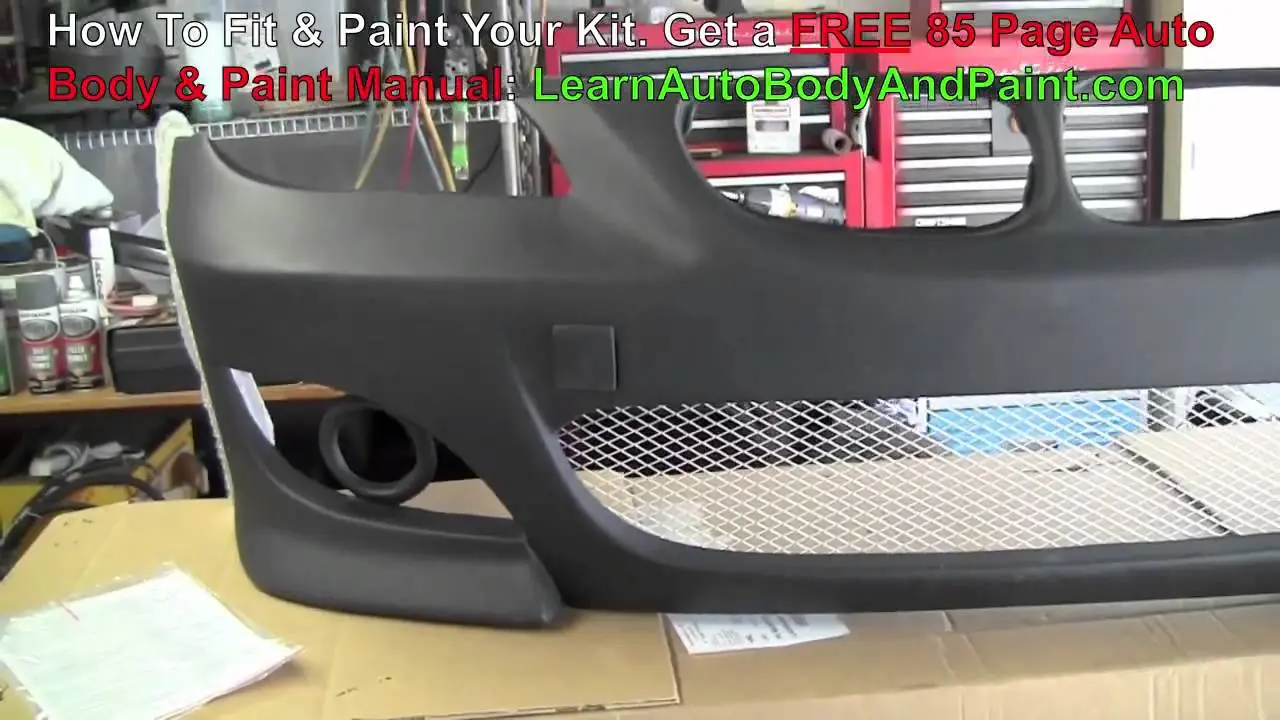Is Car Wrapping Legal? Know the Laws in Your State

Ensure your car wrap is legal with our guide to regulations. We cover important considerations for compliance with local laws. Avoid fines and ensure your car is safe and legal.
Car Wrap Legality Understanding State and Local Laws
So, you're thinking about wrapping your car? Awesome! It's a fantastic way to personalize your ride, protect your paint, or even advertise your business. But before you dive headfirst into the world of vinyl, it's crucial to understand the legalities surrounding car wraps. Ignoring these laws can lead to fines, headaches, and even having to remove your beautiful wrap. Let's break down what you need to know to stay on the right side of the law.
Car Wrap Color Changes Legal Implications and Considerations
One of the biggest questions people have is whether changing the color of their car with a wrap is legal. Generally speaking, yes, it is! But there are some caveats. Most states require you to notify the DMV (Department of Motor Vehicles) if you significantly change the color of your vehicle. This is because your vehicle's registration and title typically list the original color. Think of it this way: if you wrap a bright red car in matte black, that's a pretty significant change. Failure to update your vehicle's records could result in a fine if you're pulled over.
How to Check Your State's Laws:
- DMV Website: The easiest way to find out is to check your state's DMV website. Look for sections on vehicle registration, titling, or modifications.
- Call the DMV: If you can't find the information online, give your local DMV a call. They can provide you with specific details about your state's requirements.
Key Considerations for Color Changes:
- Significant Changes: Minor color variations (like a slightly different shade of blue) usually don't require notification. But a complete color change does.
- Documentation: Keep records of your wrap installation, including receipts and any communication with the DMV.
Car Wrap Advertising and Commercial Use Legal Guidelines
Using your car as a mobile billboard for your business? Smart move! Car wraps are a cost-effective way to advertise. However, there are regulations to keep in mind, especially if you're going for a full wrap that covers most of the vehicle.
Commercial Vehicle Regulations:
- Commercial Vehicle Registration: Depending on the size and nature of your business, you might need to register your vehicle as a commercial vehicle. This often comes with additional requirements, such as inspections and insurance.
- Advertising Restrictions: Some cities or counties have restrictions on the size, placement, and content of advertisements on vehicles. Check your local ordinances to ensure your wrap complies.
Specific Examples:
- New York City: NYC has strict regulations regarding commercial advertising vehicles. Make sure to research these rules before wrapping your car for business purposes.
- California: California requires commercial vehicles to display the business name and contact information clearly.
Car Wrap Visibility and Safety Regulations Maintaining Safe Driving Conditions
Safety first! No matter how cool your car wrap looks, it shouldn't compromise your safety or the safety of others on the road. This means ensuring your wrap doesn't obstruct your vision, cover essential lights, or create a hazard.
Visibility Requirements:
- Window Tinting: Be careful with window tinting films. Many states have laws regarding the darkness of window tint. Make sure your window wrap (if any) complies with these regulations.
- Obstructed Views: Avoid wraps that cover or obstruct your mirrors, headlights, taillights, or windshield.
Lighting Compliance:
- Headlight and Taillight Visibility: Your headlights and taillights must be clearly visible. Don't use wraps that dim or distort the light output.
- Reflective Materials: If using reflective materials, ensure they meet the standards set by your state's DOT (Department of Transportation).
Car Wrap Material and Quality Legal Implications of Using Substandard Materials
While the law doesn't typically dictate the *specific* brand of vinyl you use, it does care about the *quality* of the materials, indirectly. Using cheap, low-quality vinyl can lead to problems that *do* have legal ramifications.
Material Degradation:
- Peeling and Fading: Cheap vinyl is more likely to peel, fade, and crack over time. This can create a safety hazard if pieces of the wrap start flying off while driving.
- Damage to Paint: Some low-quality vinyls can damage your car's paint when removed, leading to costly repairs. This could potentially open you up to liability issues if you try to sell the car without disclosing the damage.
Professional Installation:
- Poor Installation: Even high-quality vinyl can look terrible and cause problems if it's not installed correctly. Consider hiring a professional installer to ensure a proper and safe application.
Car Wrap Documentation and Record Keeping Proving Compliance with the Law
In the event that you *do* get pulled over or questioned about your car wrap, having proper documentation can save you a lot of trouble. Think of it as your "car wrap defense kit."
Essential Documents:
- Receipts: Keep receipts for the vinyl, installation, and any other related expenses.
- DMV Records: If you've updated your vehicle's registration to reflect the color change, keep a copy of the updated documents.
- Installer Information: If you hired a professional installer, keep their contact information and any warranties they provided.
Photographic Evidence:
- Before and After Photos: Take photos of your car before and after the wrap installation. This can be helpful if you ever need to prove the condition of the paint.
Specific Car Wrap Product Recommendations and Legal Considerations
Okay, let's get into some specific product recommendations. But remember, legality isn't about the *brand* of wrap, but rather *how* you use it and whether you comply with local laws. That being said, using reputable brands helps ensure quality and longevity, which reduces the risk of potential issues down the road.
3M™ Wrap Film Series 2080:
- Description: This is a premium vinyl wrap known for its durability, conformability, and wide range of colors and finishes.
- Legal Considerations: Ensure the color you choose is compliant with your state's color change regulations. Also, avoid using it on windows in a way that violates tint laws.
- Price: Expect to pay around $15-$25 per foot.
- Use Case: Full car wraps, accent stripes, and complex designs.
Avery Dennison™ Supreme Wrapping Film:
- Description: Another high-quality vinyl wrap that offers excellent performance and a variety of finishes.
- Legal Considerations: Similar to 3M, be mindful of color change regulations and window tint laws.
- Price: Similar to 3M, around $15-$25 per foot.
- Use Case: Full car wraps, partial wraps, and custom graphics.
ORACAL® 970RA RapidAir® Cast Vinyl:
- Description: This is a more budget-friendly option that still offers good quality and a wide range of colors.
- Legal Considerations: Again, color changes and window tint are the main concerns.
- Price: Typically around $10-$18 per foot.
- Use Case: Smaller projects, accent wraps, and commercial vehicle graphics.
Car Wrap Scenarios and Legal Ramifications
Let's walk through a few scenarios to illustrate how these laws might play out in real life.
Scenario 1: The Full Color Change
- Situation: You wrap your silver car in a vibrant lime green.
- Legal Ramifications: You *must* notify your local DMV and update your vehicle's registration to reflect the new color. Failure to do so could result in a fine.
Scenario 2: The Business Advertisement
- Situation: You wrap your van with your company logo and contact information.
- Legal Ramifications: You might need to register your van as a commercial vehicle, depending on your state's laws. You also need to ensure the advertisement complies with local ordinances regarding size and placement.
Scenario 3: The Window Tint Violation
- Situation: You apply a dark tint film to your windows that exceeds the legal limit in your state.
- Legal Ramifications: You could receive a ticket and be required to remove the tint.
Scenario 4: The Damaged Paint
- Situation: You use a cheap vinyl wrap that damages your car's paint when you remove it.
- Legal Ramifications: If you try to sell the car without disclosing the damage, you could face legal action from the buyer.
Staying Informed and Avoiding Legal Trouble
The key to staying out of legal trouble with car wraps is to be informed and proactive. Do your research, understand your state and local laws, and choose quality materials and professional installation. By taking these steps, you can enjoy the benefits of a car wrap without the risk of fines or headaches.
Key Takeaways:
- Research: Always research your state and local laws before wrapping your car.
- Compliance: Ensure your wrap complies with all applicable regulations.
- Documentation: Keep records of your wrap installation and any communication with the DMV.
- Quality: Choose quality materials and professional installation to avoid potential problems.
Wrapping your car can be a fun and rewarding experience. Just remember to prioritize safety and legality, and you'll be cruising in style without any worries. Happy wrapping!
:max_bytes(150000):strip_icc()/277019-baked-pork-chops-with-cream-of-mushroom-soup-DDMFS-beauty-4x3-BG-7505-5762b731cf30447d9cbbbbbf387beafa.jpg)






